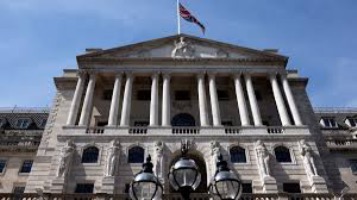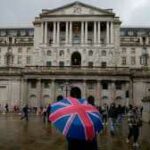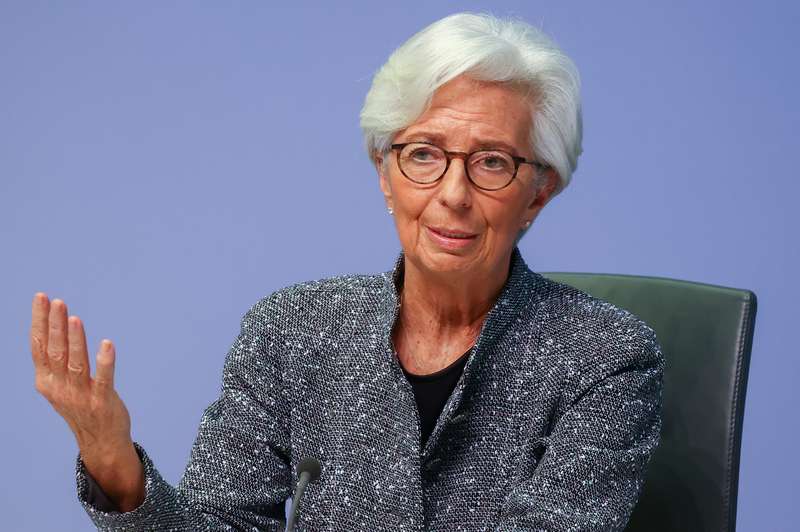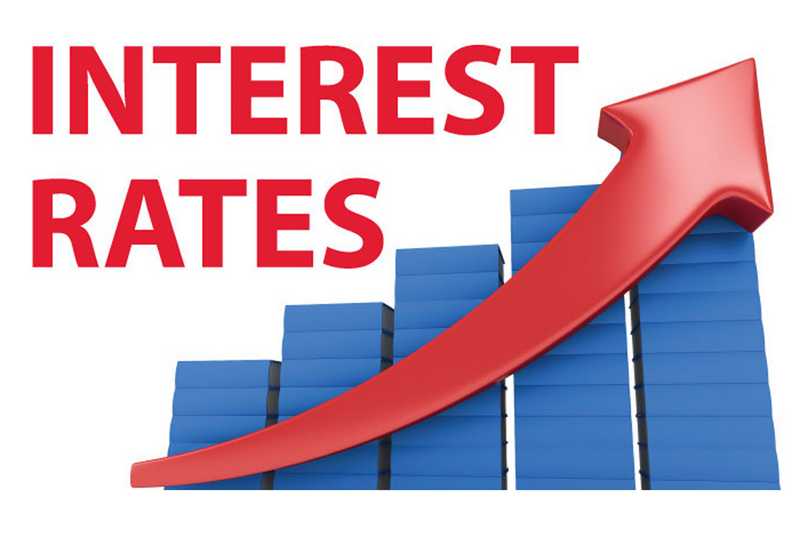
The Bank of England has raised interest rates to 3% from 2.25%, the biggest jump in 33 years and it has warned the UK that it is facing its longest recession since records began back in the 1920’s – more or less one hundred years ago.
It takes borrowing costs to their highest that they have been since 2008, when the UK banking system faced a very serious prospect of total collapse. The forecast is for the downturn to carry on into next year and continue into the first half of 2024, which very probably will also become a general election year, when there will inevitably be many “false” promises flying around from the competing parties.
It is going to get worse before it gets better
The cost of living is rising at its fastest rate in 40 years, leaving many households facing hardship, and the state of the UK economy means that the country will now face a “very challenging” two-year slump and unemployment will be expected to nearly double, so basically what seems bad right now, is going to become much, much worse, before there is any movement in a positive direction.
Governor explains logic behind increase
Andrew Bailey who is the Governor of the Bank of England, acknowledged that eight rate rises since last December are big changes that would have a real impact on peoples’ lives. However, he believes that by raising interest rates now, it will make it more expensive to borrow and encourage people not to spend money, easing the pressure on prices in the process.
He added that if forceful action wasn’t taken right now, then it would be worse later on, but stressed that: “there is a tough road ahead”. The sharp increase in energy prices resulting from Russia’s invasion of Ukraine has undoubtedly made the country a lot poorer.
Chancellor tries an optimistic tone but it just more of the same
Chancellor Jeremy Hunt said inflation was weighing heavily on families, pensioners and businesses all across the country, and the government’s number one priority was in his words to “grip” it. He pointed out that interest rates are rising across the world as countries manage rising prices largely driven by the Covid-19 pandemic and Putin’s invasion of Ukraine.
He said he felt that the most important thing the British government can do right now is to: “restore stability, sort out our public finances, and get debt falling so that interest rate rises are kept as low as possible.” Easier said than done Mr Hunt, as prices rose by 10.1% in the year to September.
What is the definition of a recession?
A recession is basically defined as when a country’s economy shrinks for two three-month periods – or quarters – in a row. The last time it happened in 2020 it could be blamed on the pandemic and only lasted for six months, this one looks to be likely to continue for at least three times that and possibly longer.
The suffering during a recession is not typically felt equally across society, and that is when inequality can quickly increase, leaving some areas in a very bad way. Those on benefits are especially vulnerable.
Slightly lower peak estimate is a small crumb of comfort
The Bank has actually done something it would not usually do by given guidance that seems to suggest there will be a peak in interest rates of about 4.5% by the time we reach next Autumn, which in actual fact is lower than an earlier estimate from just a month ago, which suggested a possible 6% peak.
Hope for something positive in financial plan
It can only be hoped that the new financial plan due to be released on 17 November by the Chancellor and Prime Minister, Rishi Sunak, will be able to offer something for the UK public to gather some encouragement from, but with tax rises and spending cuts widely expected, that does seem unlikely.





0 Comments